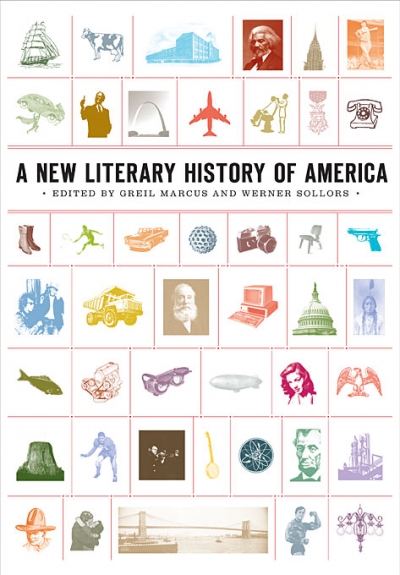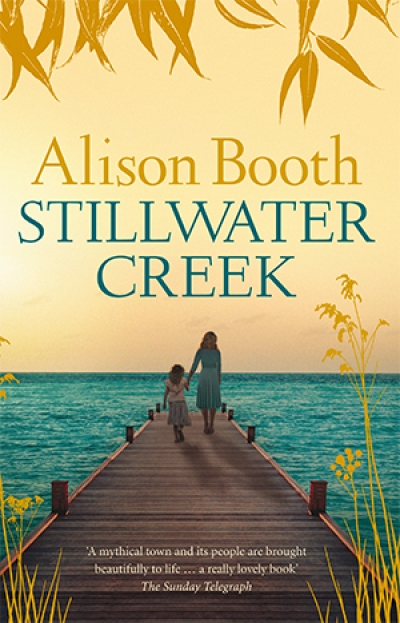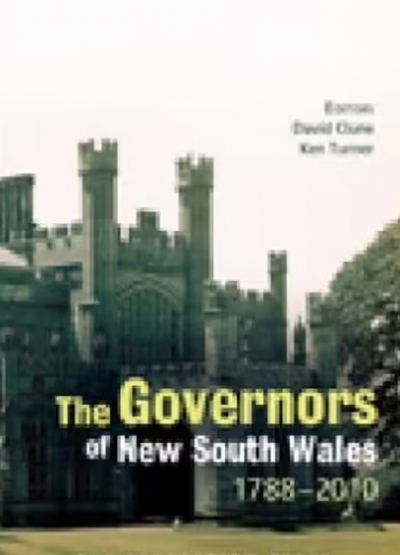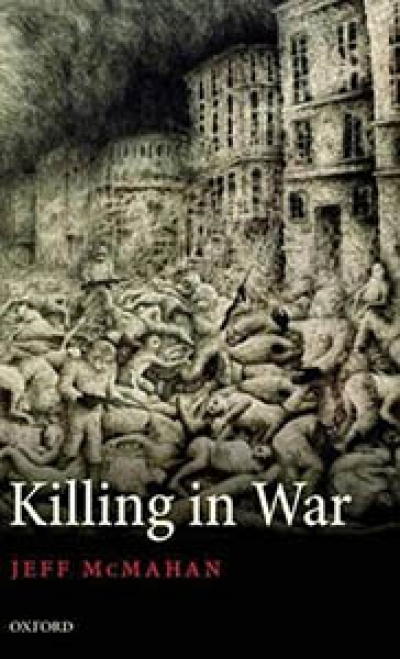Archive
Drawing the Line: Using cartoons as historical evidence edited by Richard Scully and Marian Quartly
by Robert Phiddian •
A New Literary History of America edited by Greil Marcus and Werner Sollors
by James Ley •
Boyer Lectures: A very Australian conversation by Peter Cosgrove
by Patrick Allington •
Wait. Sometimes the waiting seems interminable
But that is the trick with water. The dark
Gathers up your apprehension and you seek ...
The Governors of New South Wales 1788–2010 edited by David Clune and Ken Turner
by Nicholas Brown •
Southerly, Vol. 69, No. 2: Southerly At Seventy edited by David Brooks and Elizabeth McMahon
by Jeffrey Poacher •









